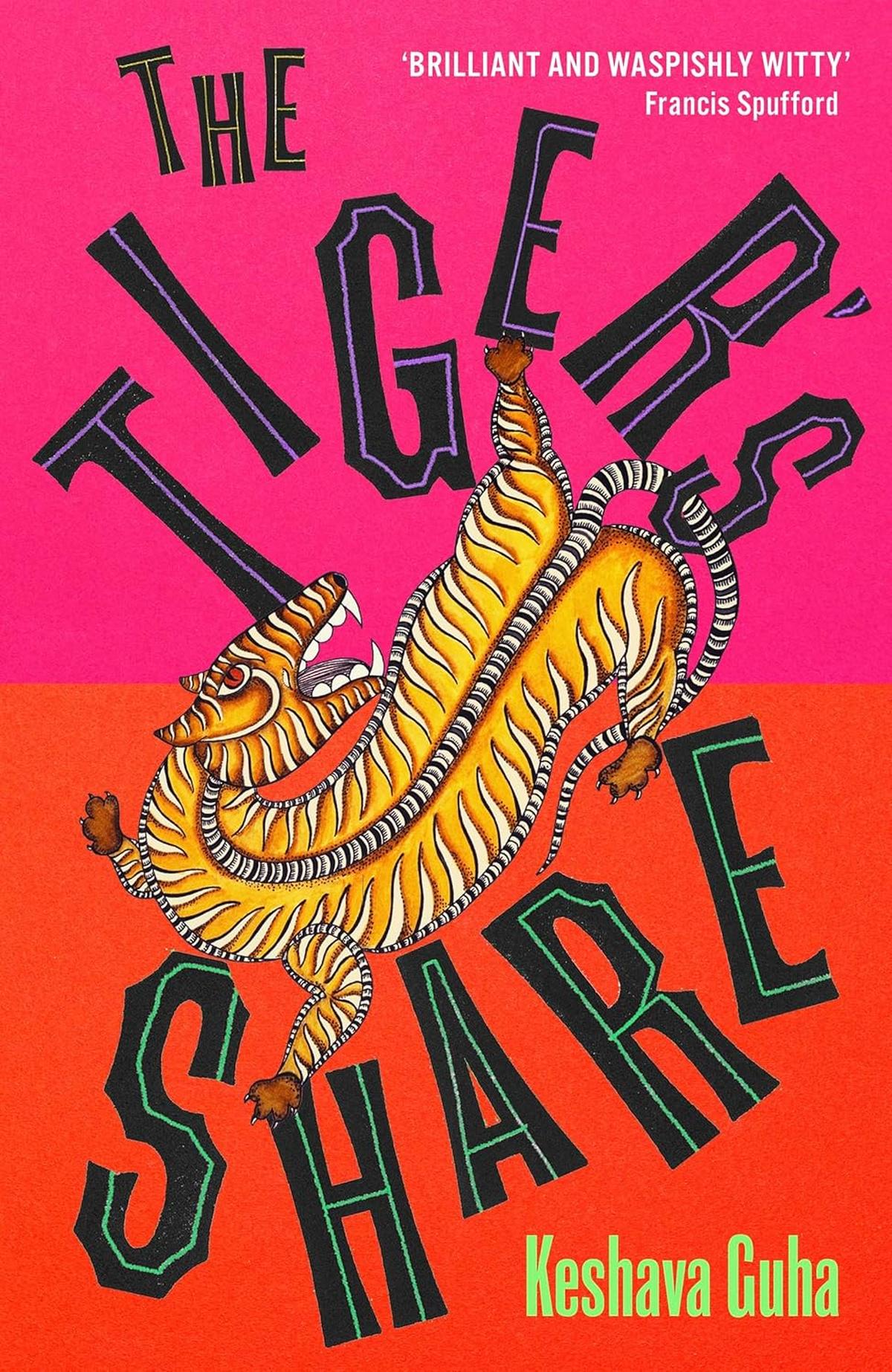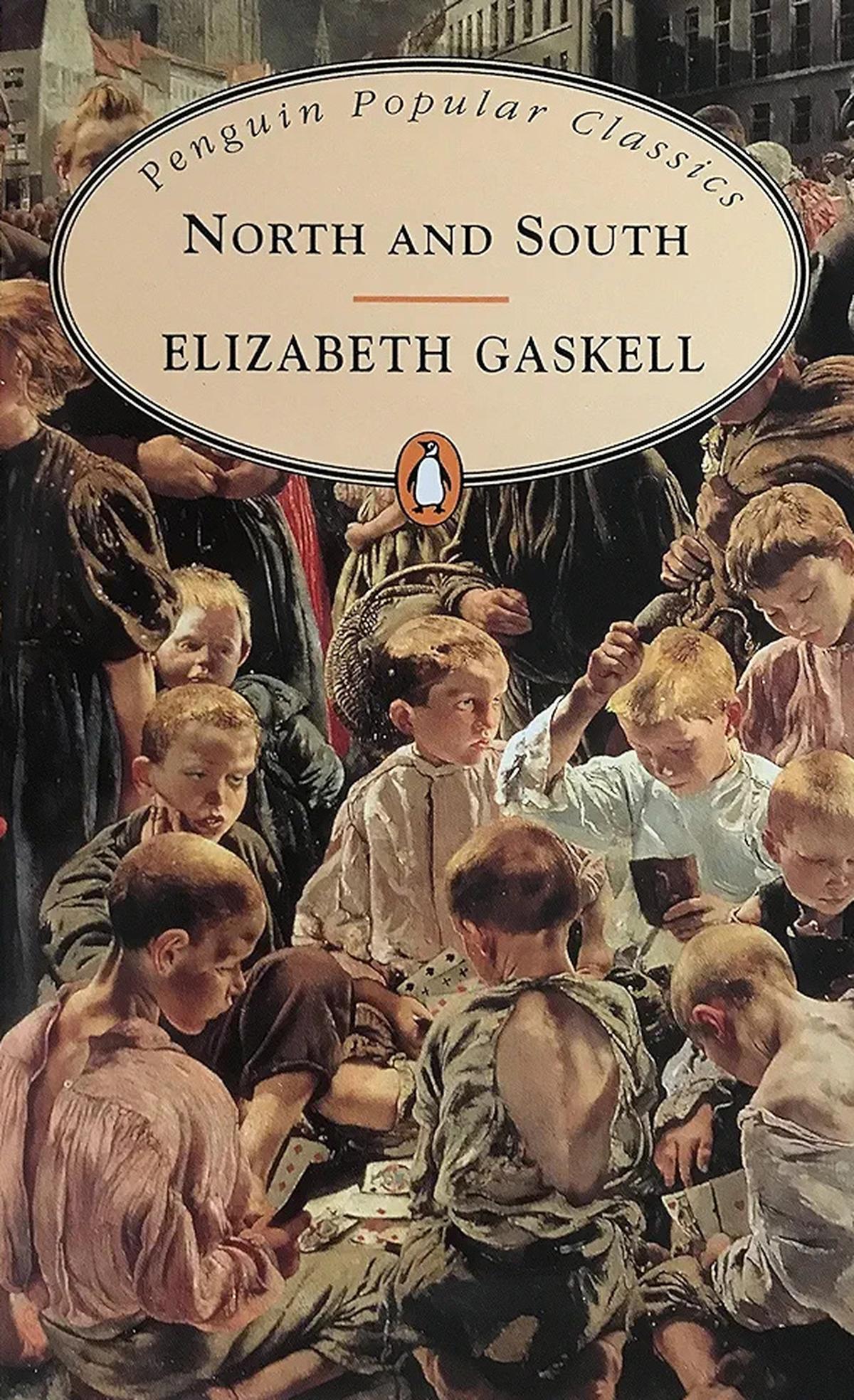Delhi-based author Keshava Guha says reading fiction is his single, favourite activity.
| Photo Credit: Shashi Shekhar Kashyap
Keshava Guha’s debut novel Accidental Magic (2019) created a fictional world of Harry Potter fans from different parts of the world and varied cultural backgrounds. His second and recent novel, The Tiger’s Share (Hachette India) revolves around the lives of two families in Delhi, the inheritance wrangle between successful sisters and entitled brothers, environment degradation and social realism.
A writer of fiction and literary and political journalism, Delhi-based Guha says reading fiction is his single, favourite activity. “I have no illusions about fiction changing the world, it’s a private path, a private artistic pursuit that is like fulfilling a deep impulse,” says the author who was raised in Bengaluru and studied history and politics at Harvard. Excerpts from an interview:

Q: What inspired you to write this story?
A: The book started with the ending in terms of the idea. I just had this idea of an individual taking a drastic step because he was so appalled by what humans had done to the environment. Then I tried playing around with that and everything else took shape around that idea. It is a bit of a mystery where ideas come from for fiction. I don’t sit down and plot it in a thorough way or anything like that.
Q: There’s a Victorian feel to this novel — the storyline, the connection to some characters.
A: Absolutely, in a few ways. In Victorian England, the novel was at the heart of at least middle-class culture and one of the roles which the novel played was helping people understand social change as it was happening. A big influence on this book in particular is Elizabeth Gaskell’s novel, North and South (1855), a really graphic account of workplace industrial pollution and the effect it was having on the world. Also, a lot of these Victorian novels do have prominent heroines whether they are written by men or women. But those heroines are living lives that are much more circumscribed. So, you are kind of using the form of the Victorian novel in many ways, although it’s much shorter in a very different context. I do think that it is a very adaptable form, the novel.


“A big influence on this book in particular is Elizabeth Gaskell’s novel, ‘North and South’ (1855), a really graphic account of workplace industrial pollution and the effect it was having on the world.”
Q: In a statement about the book, you said that you’ve tried to do something “old-fashioned but of enduring value”. Please elaborate?
A: To me, this is what is unique about novels as a form. If you think about other forms like painting or classical music or even poetry, the form becomes outmoded very quickly. So, if you listen to Mozart, Schubert or even Beethoven who was very modern for his time, you couldn’t try to compose like that today. On the other hand, Victorian fiction, or say, writers such as Flaubert or Tolstoy — it is in the nature of the form that it can constantly be renewed with new material because it is so suited to understanding whatever is happening right now. In the age of the Internet, people thought ebooks would replace printed books; they never did. So, it really does have that enduring appeal and that ability and capacity to absorb new material and things.
Q: Fiction is the great lie that tells the truth. So much in this novel seems real.
A: The people in it, the families in it are entirely made up. I also wanted to write about issues and problems and situations that exist. To come back to what you said about the great lie that tells the truth, the lie angle is also important in that you can do things in a novel which you can’t do in a documentary or journalism. One of those is to write about people who are really not typical, to show how things could be different. If you think about things like the patriarchal aspect of the inheritance disputes, that is very much provoked, not by my own family but by families that I saw in Delhi over and over again.
My view of Delhi is that it is completely driven by material ambition, the values are entirely material and they are to do with having fancier cars and more expensive apartments. Delhi is a city that is all about exclusion. It is kind of explicit in the book. I was also struck by the contrast between those values and the kind of non-material idealism of the pre-Independence generation.
Q: What are you working on currently?
A: India has had this crazy sort of brain drain over the last 10 years or so; it’s been a little different from earlier waves of migration and now you have so many Indians who are influential, in so many positions of power around the world. I’ve become interested in this new phenomenon: to be global, the idea of a global Indian elite. It’ll be more of a global book.
Q: Has your writing been influenced by any authors?
A: In terms of conscious influence — all the Victorian novelists, in particular George Eliot. Among more recent writers, Australian Shirley Hazzard has been a big influence at the level of prose; the other is Penelope Fitzgerald, Booker Prize winner, who wrote incredibly short books and who had an amazing amount of daring, writing about anything.
The interviewer is a Bengaluru-based independent journalist.
Published – April 22, 2025 11:52 am IST